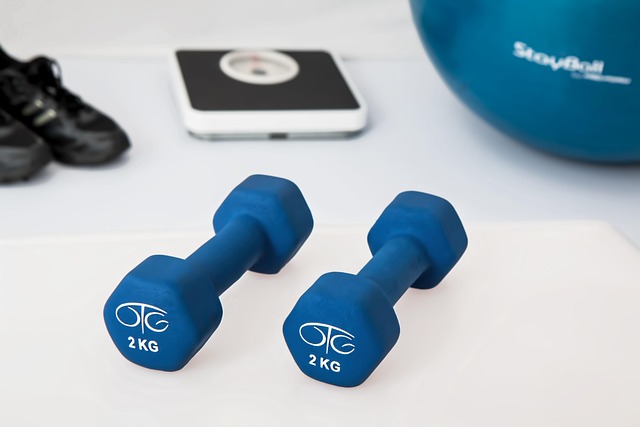Understanding Self-Esteem
Self-esteem is the way we perceive ourselves, and it influences our everyday lives. When we have high self-esteem, we feel empowered and capable of tackling challenges. Conversely, low self-esteem can lead to self-doubt and anxiety. Many people struggle with self-esteem at some point in their lives, and acknowledging this is the first step toward improvement.
Step 1: Identify Negative Self-Talk
One of the biggest barriers to self-esteem increase is negative self-talk. We often hold ourselves to unrealistic standards and criticize ourselves harshly. Begin by paying attention to the thoughts that run through your mind. When you catch yourself thinking negatively, challenge those thoughts. Ask yourself, “Is this true?” or “Would I say this to a friend?” This simple practice can help reshape your internal dialogue.
Step 2: Set Realistic Goals
Setting achievable goals can greatly enhance your confidence. Start with small, manageable objectives. Celebrate your successes, no matter how minor they may seem. Each accomplishment builds a foundation for a positive self-image and serves as a reminder that you are capable and deserving of success.
Step 3: Surround Yourself with Positivity
The people we spend time with can significantly impact our self-esteem. Surround yourself with supportive friends and family who lift you up rather than bring you down. Engage in activities that promote positivity and fulfillment, allowing yourself to flourish in a nurturing environment.
Step 4: Practice Self-Care
Taking time for yourself is essential for a healthy self-esteem. Regular self-care routines—whether it’s practicing mindfulness, engaging in hobbies, or exercising—can help you feel more grounded and boost your mood. Prioritizing your well-being sends a message that you are worth the time and effort, enhancing your self-worth.
Step 5: Acknowledge Your Accomplishments
Sometimes, we forget to acknowledge our achievements. Keep a journal where you note down your successes, big or small. Reflecting on what you enjoy and what you’re good at can fortify your confidence and aid in your self-esteem increase. Revisiting this list can remind you of your capabilities during challenging times.
Step 6: Accept Imperfection
Understanding that no one is perfect is crucial for boosting self-esteem. Embrace your flaws and see them as parts of your unique identity. Rather than focusing on what you lack, recognize the qualities that make you distinctive and valuable. Acceptance is a profound step toward a healthier self-image.
Step 7: Seek Professional Guidance
If your struggle with self-esteem feels overwhelming, consider seeking help from a mental health professional. Therapy can provide support and strategies tailored to your experiences. Professionals can guide you on your journey to healthier self-esteem, offering tools that can lead to lifelong change.
Regularly Reassess Your Progress
Boosting your self-esteem is a continuous journey. Regularly reassess where you stand and the strategies you’ve implemented. Celebrate the progress you’ve made, and don’t hesitate to adapt your approach as needed. Every step, no matter how small, is a step toward a more confident you.




